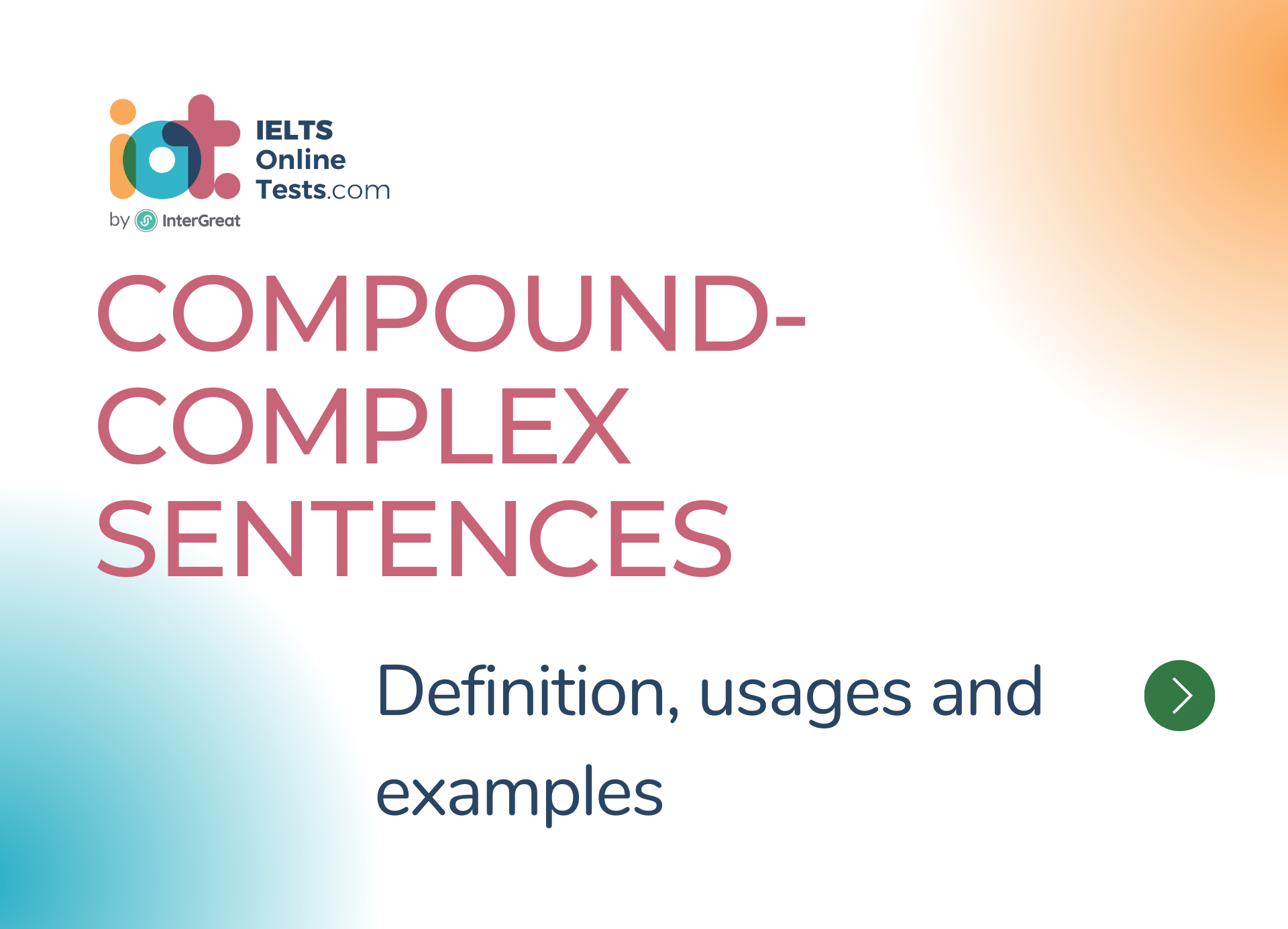
Compound-complex sentences
Compound-complex sentences are sentences that combine two or more independent clauses and at least one dependent clause. They allow for the expression of complex relationships and a variety of ideas within a single sentence.
Here are some key details about compound-complex sentences:
Independent Clauses:
- A compound-complex sentence contains two or more independent clauses, each capable of standing alone as a complete sentence.
- Independent clauses express main ideas or complete thoughts.
- Examples:
- "She went to the party, and he stayed at home, but they both had a great time."
- "I studied for the test, but I still failed because I didn't understand the material."
Dependent Clauses:
- A compound-complex sentence also includes one or more dependent clauses, which cannot stand alone as complete sentences.
- Dependent clauses provide additional information or support for the main ideas expressed in the independent clauses.
- Examples:
- "Although she was tired, she stayed up late to finish her project."
- "He went to the store because he needed to buy some groceries."
Coordinating Conjunctions and Subordinating Conjunctions:
- Independent clauses in a compound-complex sentence are joined by coordinating conjunctions (such as "and," "but," "or," "nor," "for," "yet," "so").
- Dependent clauses are introduced by subordinating conjunctions.
- Examples:
- "She went to the party, and he stayed at home, but they both had a great time."
- "Although she was tired, she stayed up late to finish her project."
Punctuation:
- When two independent clauses are joined by a coordinating conjunction, a comma is usually placed before the conjunction.
- Dependent clauses at the beginning or middle of a compound-complex sentence are usually set off by commas.
- Examples:
- "She went to the party, and he stayed at home, but they both had a great time."
- "Although she was tired, she stayed up late to finish her project."
Compound-complex sentences allow for the combination of multiple independent clauses and dependent clauses in a single sentence. They offer a way to express complex relationships, provide additional information, and convey a range of ideas within a structured framework. Understanding how to construct and use compound-complex sentences enhances the clarity, coherence, and sophistication of communication.




